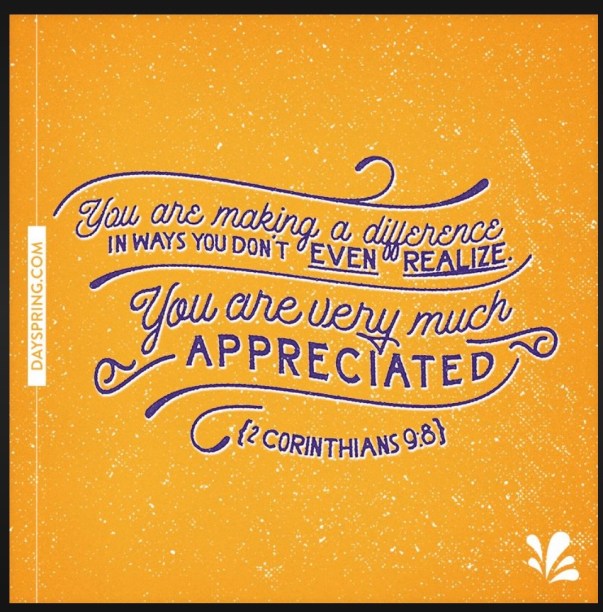Misplacing your keys may be aggravating, especially when you’re in a hurry. Our memories fail us at times. We expect our memory bank to be retrievable in an instance, but there are times when the mega bites get jumbled or go on an unannounced vacation. Most of the time, they’re taking a short nap.

There are other times when our memory seems to be in a coma. These are reminders of the seasons of life. We all have them. Teens forget their homework. Adults forget where they place things. And the older one’s memory bank seems like someone pressed delete.
When processing Bible knowledge, we go through stages, but they’re not the same for everyone. We are all made from a different mold, and the growth process is varied.

Young people rely on their memories, that’s good. Still, their numerous activities sometimes reach an overload—the time to complete project conflicts with another event.
Adult life has too many things going on simultaneously. Work, family, and social events collide. Choosing between events means the elimination of one and presents a lose-lose situation.

The mature crowd has reached the place where things are supposed to slow down. That may be true for some. Others want to do everything they didn’t do in the previous years. Time is abundant, resources and health may not cooperate.
But, something is missing. Reflection may draw one’s attention back to spiritual things. We might ask ourselves, where is God fitting into our lives, or have we pushed him aside in our journey through life? The answer usually falls into place when we put God first.


















































